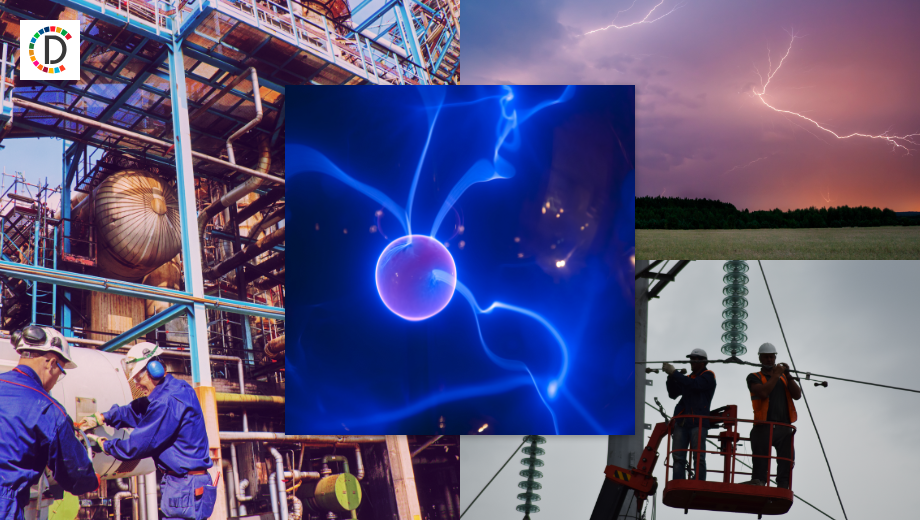IOC, 2 domestic engine makers working on 5 pc ethanol blending in diesel

Indian Oil and two domestic engine makers are actively working on 5 per cent ethanol blending in diesel, a senior official of the country's largest oil firm said on Monday.
Indian Oil Corporation Director (R&D) SSV Ramakumar said that experimental work is going on at its laboratory and the R&D centres of the two engine manufacturers.
''Two key Indian heavy-duty diesel engine makers, Indian Oil and one of the other oil marketing companies are very actively working on blending 5 per cent of ethanol in diesel,'' he said in an event organised by automobile industry body SIAM.
He noted that one of the main apprehensions is that the blending might have some issues with the fuel injectors.
''So, we are keenly experimenting and seeing and establishing the effects of this ethanol blending. I think in the next six months, you are going to hear something collectively from us,'' Ramakumar stated.
He noted that ethanol blending in diesel is important as it is the most used fuel in the transportation sector across the country.
''So, any reduction in diesel is going to be great conservation of precious petroleum products and great steps towards emission reduction from diesel vehicles,'' Ramakumar said.
He pointed out that studies for the introduction of E-20 fuel in existing vehicles were almost on the verge of completion, but the long-duration endurance trial, which is targeted, is likely to be completed by July this year.
At present, 10 per cent ethanol is blended in petrol and the government is looking to double this quantity by 2025.
''For us, it's a mammoth exercise because first of all, we need to garner the extra amount of ethanol that is required from 10 per cent blending to 20 per cent blending... from graduating from 10 to 20, you require by 2025, 1,000 crore litres of ethanol,'' Ramakumar said.
So, the oil industry is strenuously and vigorously with a single-minded goal is pursuing alternate sources of ethanol production, he added.
Ethanol is sourced exclusively from sugarcane molasses while the second generation ethanol is sourced from agricultural residue like wheat straw, paddy straw, cotton straw or any other agricultural residue, Ramakumar said.
He said a second-generation ethanol plant has been commissioned successfully at the Panipat refinery.
Various PSU oil marketing companies like Bharat Petroleum, HPCL, NRL and MRPL are also looking to complete one second-generation ethanol plant, with at least two of the facilities nearing commissioning. It will help in boosting the ethanol availability in the country to meet that final goal of 1,000 crore litres of ethanol, required to fulfil the 20 per cent blending target by 2025. Speaking at the event, Union Minister Ashwini Kumar Choubey said that the time has come to transform sustainability into a public movement by raising awareness and promoting active participation, enabling us to achieve sustainability goals, including net-zero emissions before 2070.
SIAM Director General Rajesh Menon highlighted that the Indian automobile industry is working on sustainable mobility solutions with specific emphasis on ethanol, electrification, hydrogen, CNG/LNG and lastly, on the circular economy through recycling.
(This story has not been edited by Devdiscourse staff and is auto-generated from a syndicated feed.)








